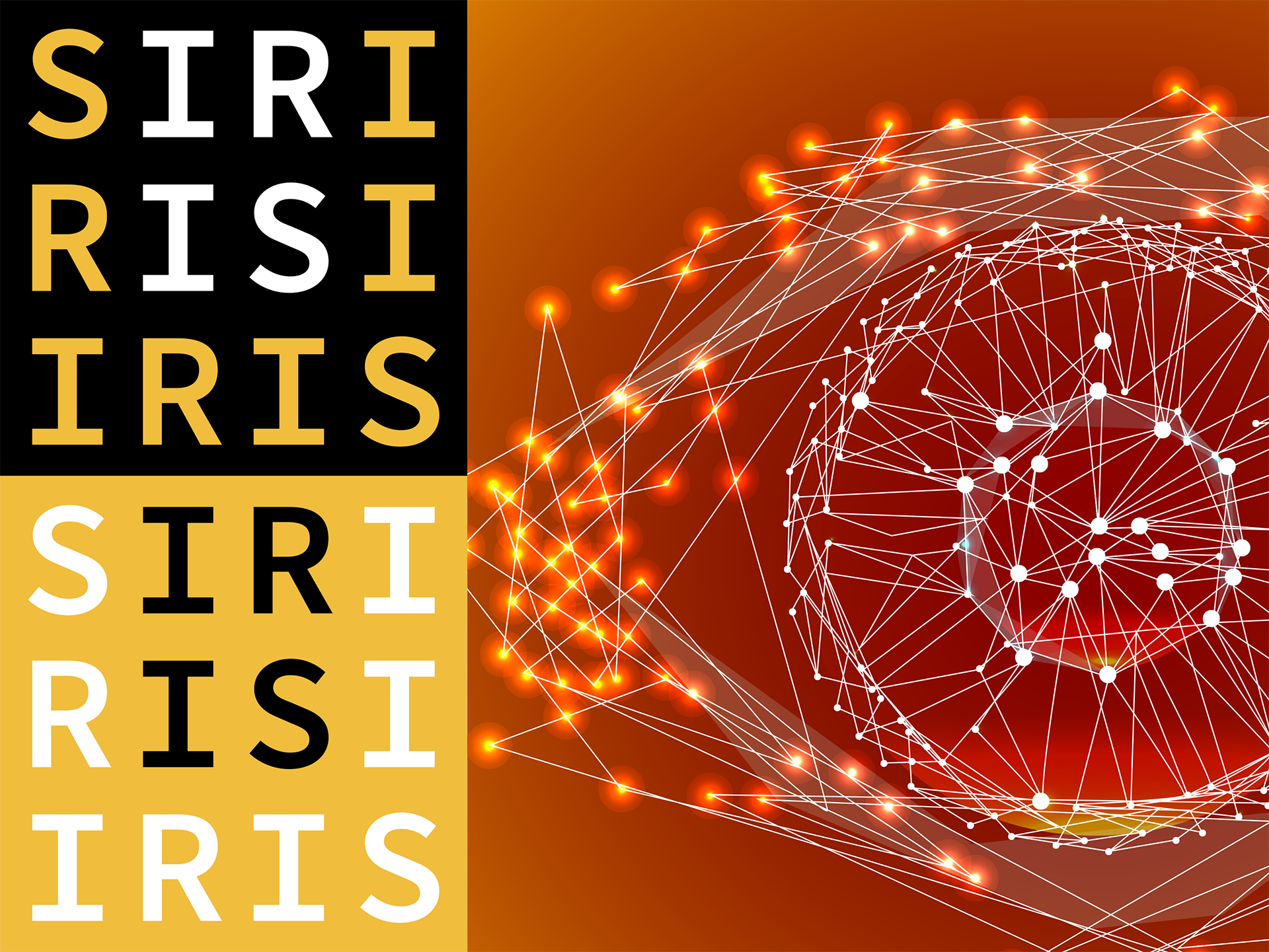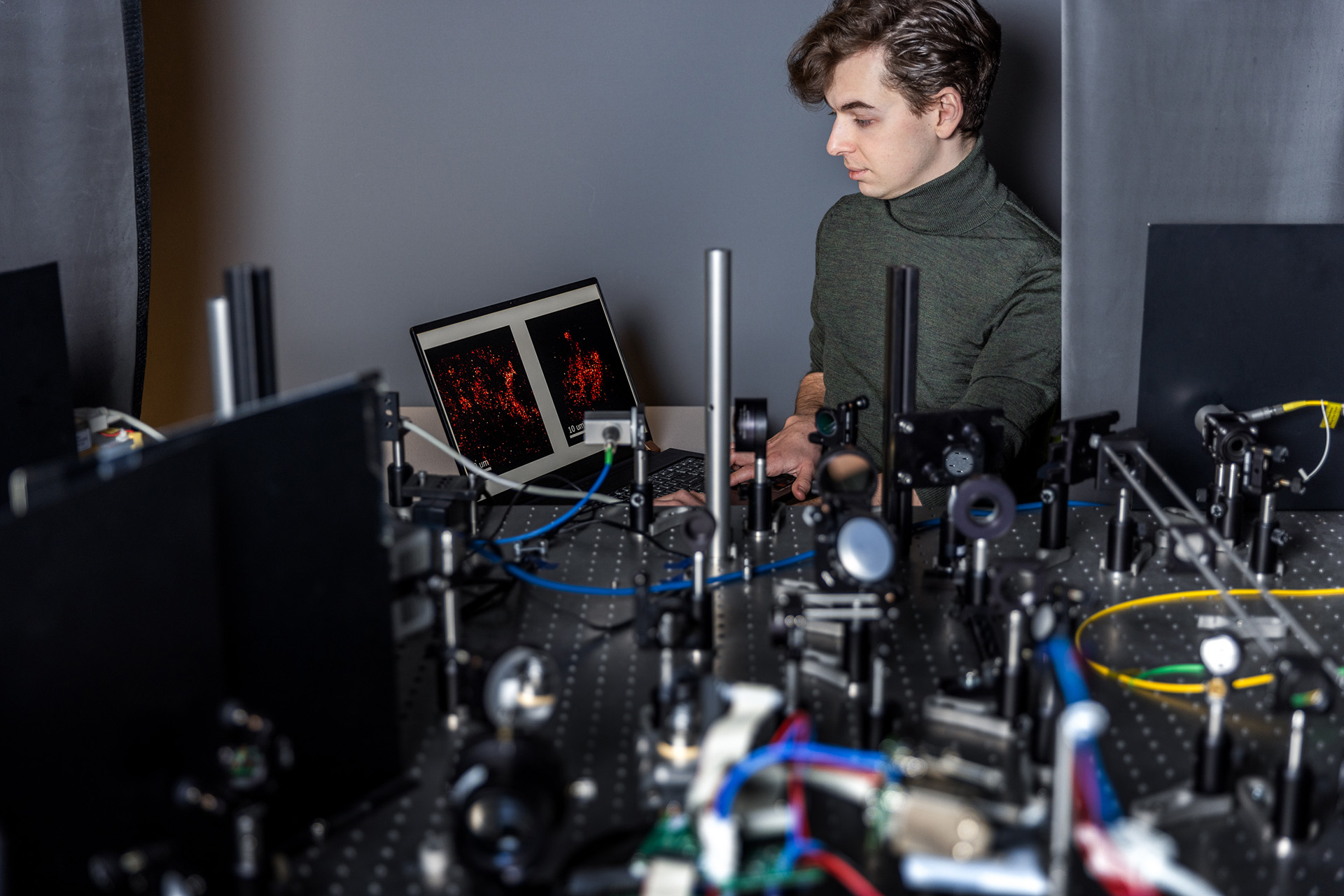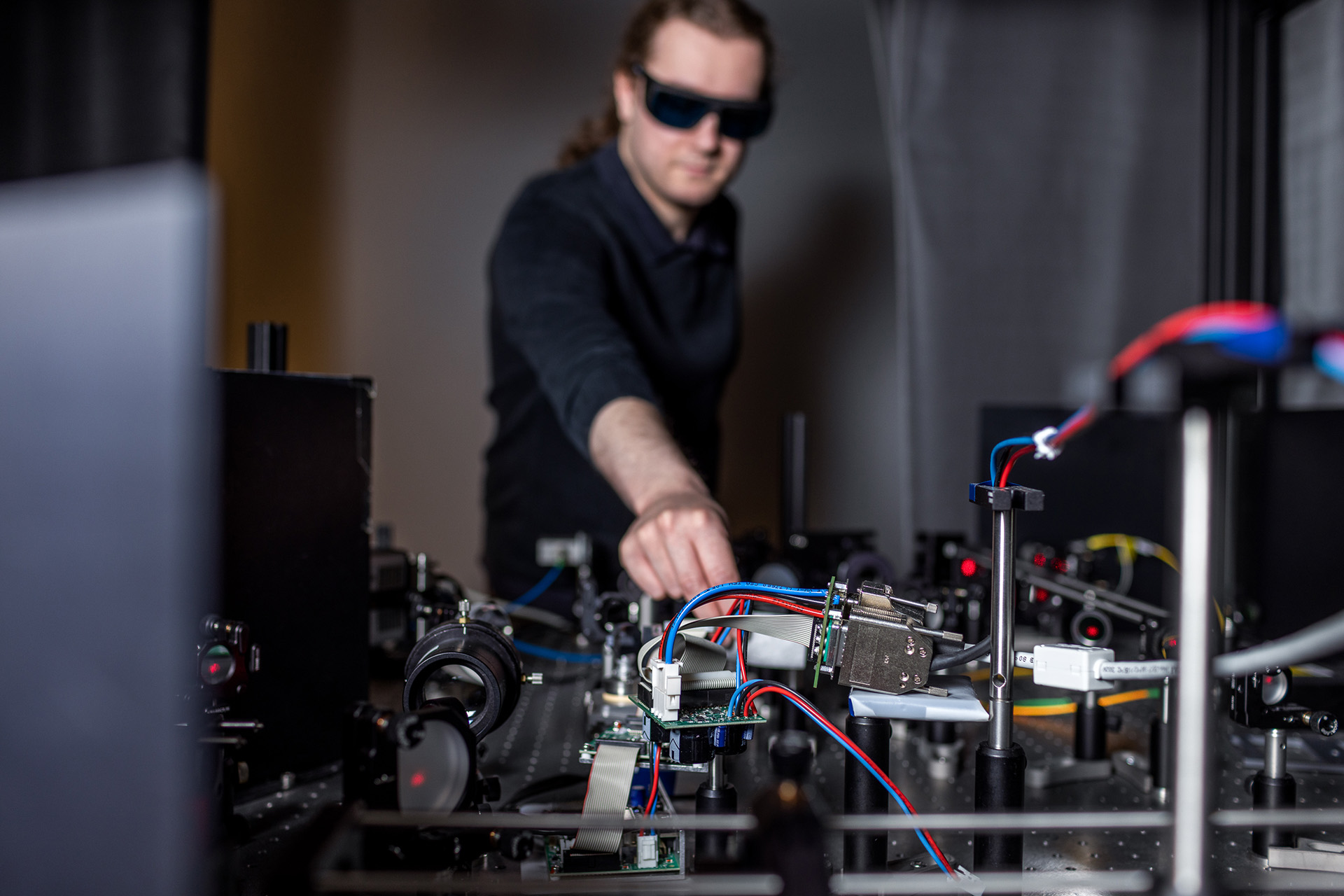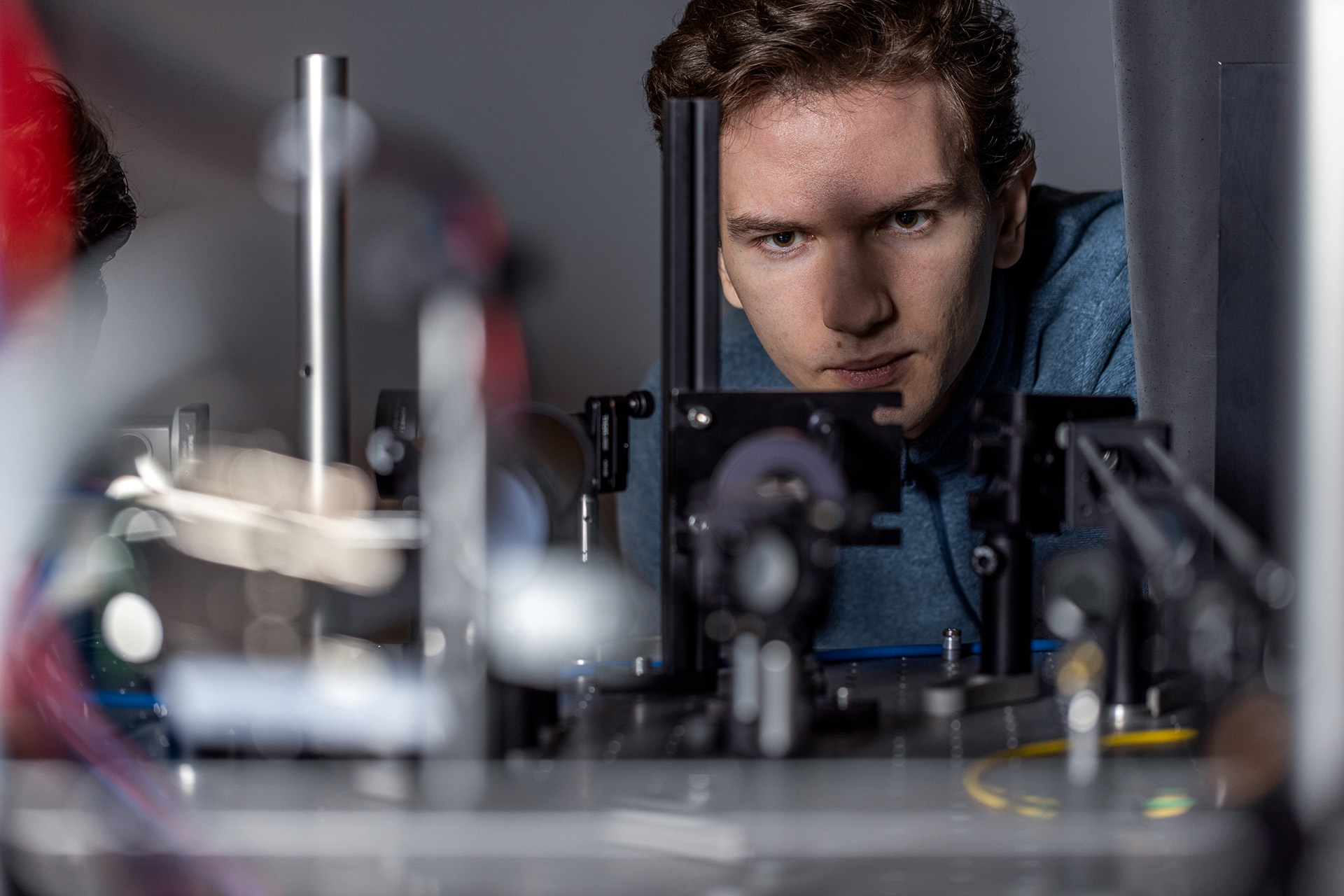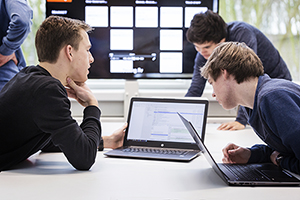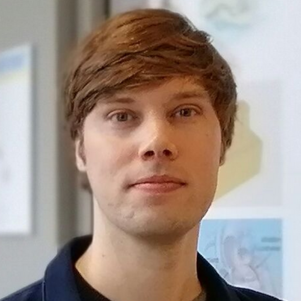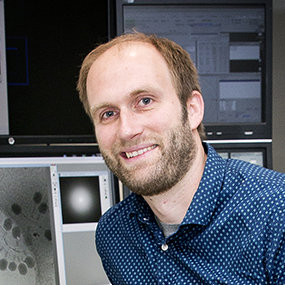The IRIS Lab (Intelligent & Reliable Imaging Systems) develops AI-based technology that improves microscopy methods in the life and biomedical sciences to unravel biological processes from a molecular level up to the scale of tissues and organisms.
Core tasks in biological microscopy such as detection and tracking of objects, as well as image classification and image segmentation are now often performed by neural networks. Neural networks are trained to perform a certain task using very large sets of data, but which decisions these networks take, and why, remains essentially a ‘black box’. For scientific applications this black box causes a dilemma: the learned knowledge is not transparent and cannot be reliably reused. Furthermore, how well a method performs its task is strongly tied to the specific data it was trained on and therefore cannot be easily used across different modalities of biological imaging that all produce different image data.
The aim of the IRIS lab is to open the black box of AI. We will accomplish this by having networks approximate physical and system operations separately to enable the incorporation of known physical principles of image formation in optical, electron and acoustical microscopy.
The IRIS Lab is part of the TU Delft AI Labs programme.
The team
Education
Courses
2024/2025
- Biomolecular Structure and Function | NB2230
- High-Resolution Imaging | NB4020
- Stochastic Signal Analysis | SC3011TN
- Statistical Signal Processing | SC42150
- Acoustical Imaging | AP3531
- Control for High Resolution Imaging | SC42030
- Adaptive Optics Design Project | SC42065
- Medical Imaging Signals and Systems | AP3232
- Physical Biology of the Cell 2 | NB2071
2023/2024
- Collaborative Science for Biomedical Breakthroughs | NB-MI-237
- Biomolecular Structure and Function | NB2230
- High-Resolution Imaging | NB4020
- Stochastic Signal Analysis | SC3011TN
- Statistical Signal Processing | SC42150
- Acoustical Imaging | AP3531
- Control for High Resolution Imaging | SC42030
- Adaptive Optics Design Project | SC42065
- Medical Imaging Signals and Systems | AP3232
- Physical Biology of the Cell 2 | NB2071
2022/2023
- Biomolecular Structure and Function | NB2230
- High-Resolution Imaging | NB4020
- Stochastic Signal Analysis | SC3011TN
- Statistical Signal Processing | SC42150
- Acoustical Imaging | AP3531
- Control for High Resolution Imaging | SC42030
- Adaptive Optics Design Project | SC42065
- Medical Imaging Signals and Systems | AP3232
- Physical Biology of the Cell 2 | NB2071
2021/2022
- High-Resolution Imaging | NB4020
- Stochastic Signal Analysis | SC3011TN
- Statistical Signal Processing | SC42150
- Acoustical Imaging | AP3531
- Control for High Resolution Imaging | SC42030
- Adaptive Optics Design Project | SC42065
- Medical Imaging Signals and Systems | AP3232
- Physical Biology of the Cell 2 | NB2071
2020/2021
- High-Resolution Imaging | NB4020
- Stochastic Signal Analysis | SC3011TN
- Statistical Signal Processing | SC42150
- Acoustical Imaging | AP3531
- Control for High Resolution Imaging | SC42030
- Adaptive Optics Design Project | SC42065
- Medical Imaging Signals and Systems | AP3232
- Physical Biology of the Cell 2 | NB2071
2019/2020
- High-Resolution Imaging | NB4020
- Stochastic Signal Analysis | SC3011TN
- Statistical Signal Processing | SC42150
- Acoustical Imaging | AP3531
- Control for High Resolution Imaging | SC42030
- Adaptive Optics Design Project | SC42065
- Medical Imaging Signals and Systems | AP3232
- Physical Biology of the Cell 2 | NB2071
Master projects
Ongoing
- Epistemic Uncertainty, Carlas Smith, Koen Stapel (2022/2023)
- LTSM networks, Carlas Smith, Oscar He (2022/2023)
- Self Supervise Learning, Carlas Smith, Gerben Rijpkema (2021/2022)
Finished
- Self-supervised Learning for Tumor Microenvironment Analysis, Carlas Smith, Daniel Spengler (2022/2023)
- Deep convolutional network models for sharpening of cryo-EM density maps, Arjen Jakobi, Ian Bot (2022/2023)
- A Pipeline for Segmentation and Structural Feature Extraction in Cryo-EMSingle Particle Analysis, Arjen Jakobi, Flip Jansen (2022/2023)
- Retrieving Pulsatility in Ultrasound Localization Microscopy, Carlas Smith, David Maresca, Myrthe Wiersma (2021/2022)
- Theoretical Minimum Uncertainty of Single-Molecule Localizations Using a Single-Photon Avalanche Diode Array, Carlas Smith, Quint Houwink (2021/2022)
- Optmisation of Cryo-EM density contrast using Deep Neural Networks, Arjen Jakobi, Reinier de Graaf (2021/2022)
- Assessment of AI-based strategies for 3D reconstruction of heterogeneous cryo-EM samples, Arjen Jakobi, Saqar Khalefaah (2021/2022)
- Investigating a machine learning approach to single particle reconstruction and dynamics extraction, Arjen Jakobi, Loek Andriessen (2021/2022)
- Precision limits of ultrafast ultrasound localization microscopy, Carlas Smith, David Maresca, Violinde den Breeijen (2020/2021)

